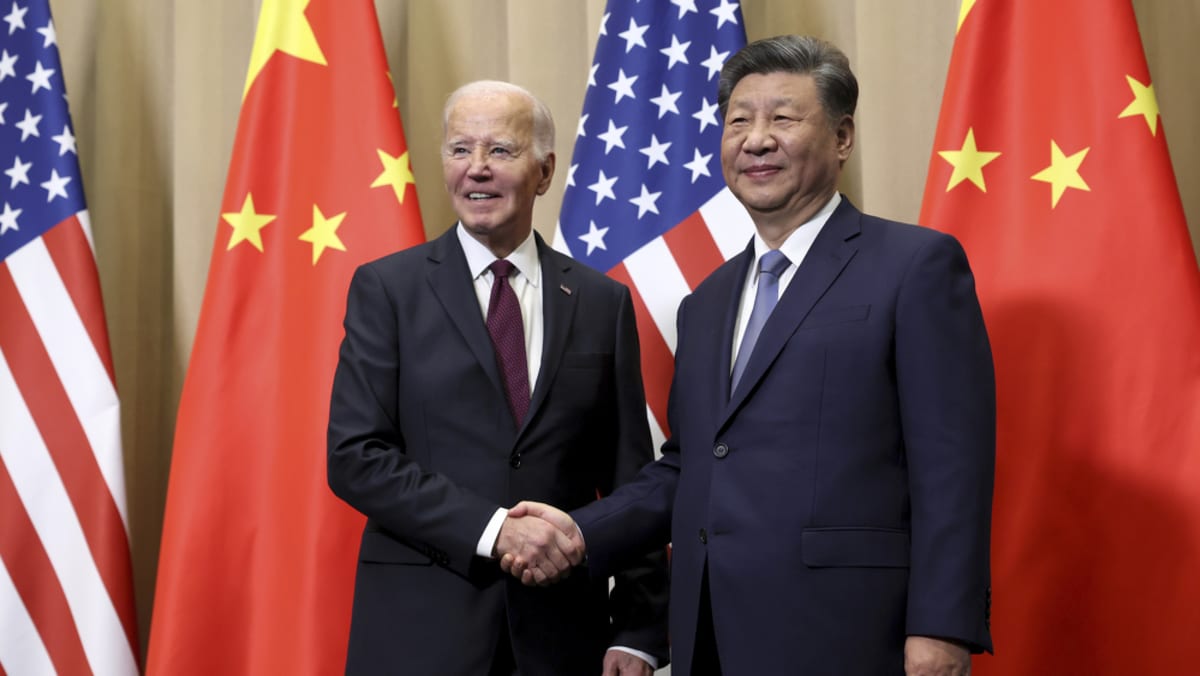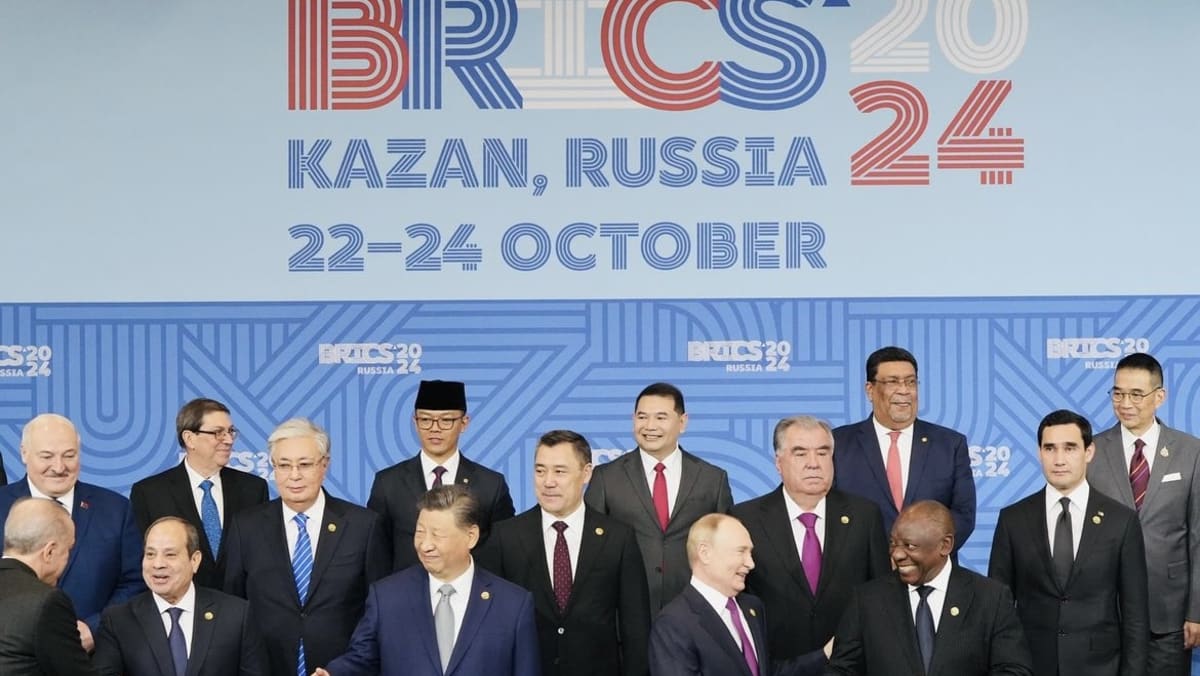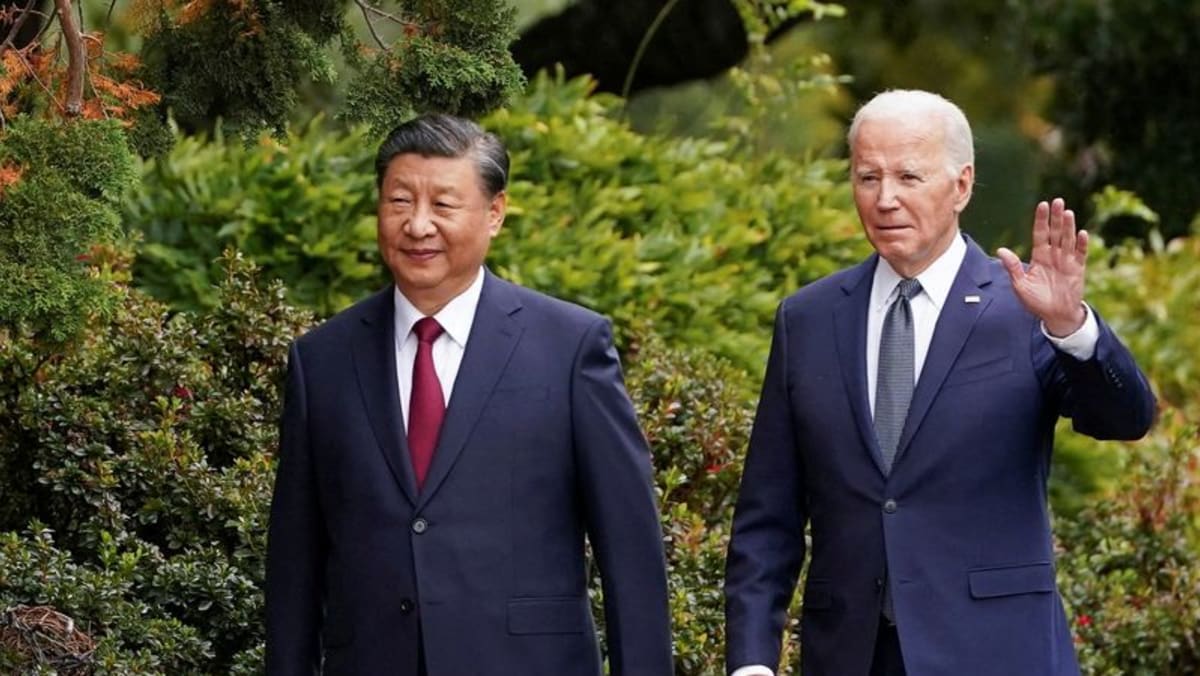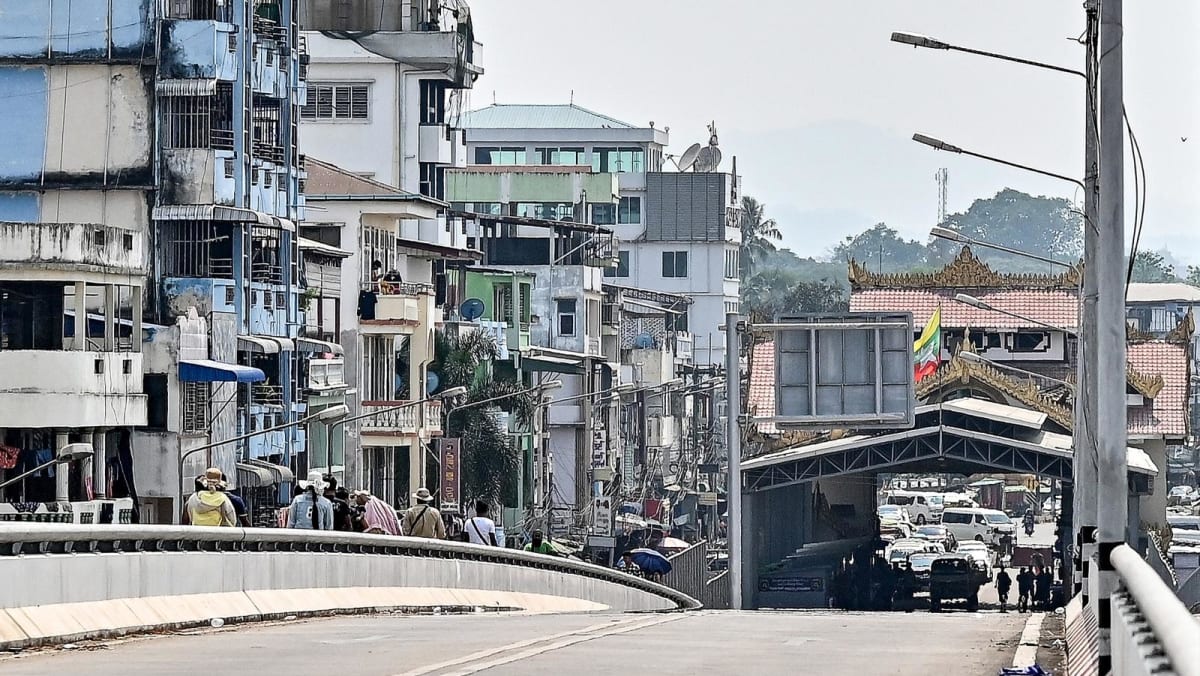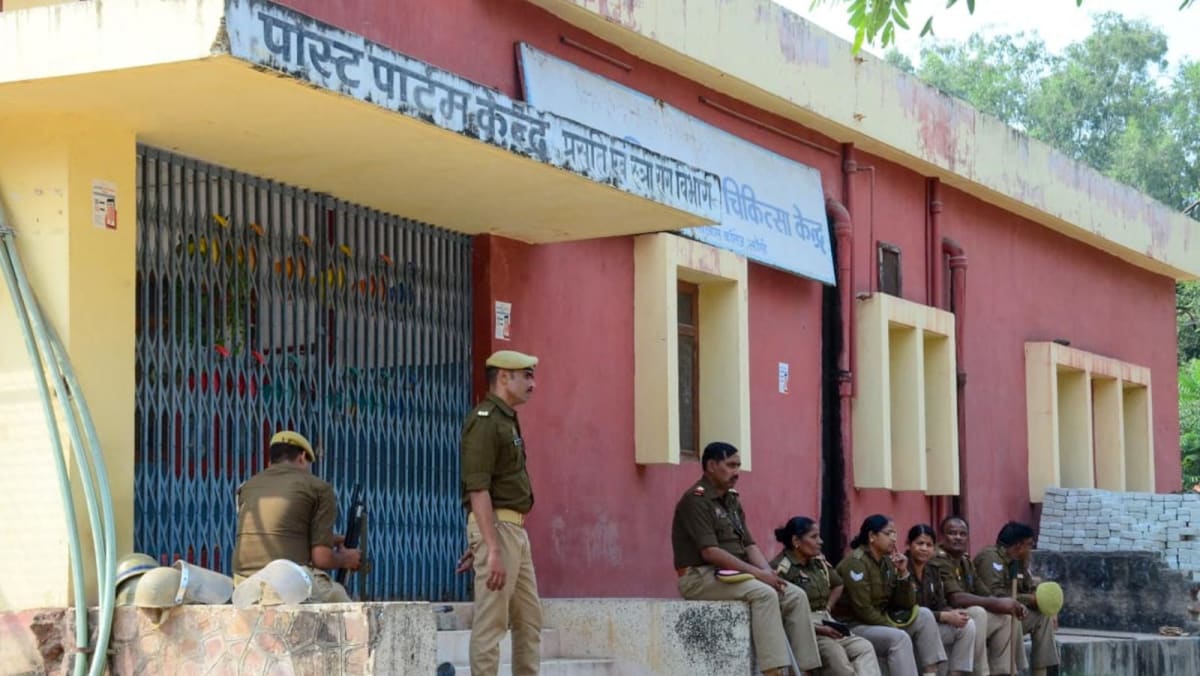Taiwan parties battle for younger voters as high-stakes elections loom

Some younger voters may show their hands late, so Ko’s appeal to that demographic could close the gap with Lai.
“If young people who don’t vote or infrequently vote at a certain moment come out to vote, they really could have a critical impact on the election,” said Chen Kuang-hui, a political science professor at Taiwan’s National Chung Cheng University.
At the end of 2022, about 19 million of Taiwan’s 23 million people were eligible to vote, with about a third aged between 20 – the legal voting age – and 39, government data shows.
Although voting data is sparse, Chen and other political watchers pointed to a survey by Taiwan’s Central Election Commission showing that turnout of those 30 or younger rose by 15 per cent to 20 per cent in 2020 compared with the previous two elections. The turnout for people aged 31 to 40 increased 10 per cent to 15 per cent, the survey said.
LECTURES AND INSTAGRAM
At third place in the polls, and trailing both Ko and Lai in the under-40 cohort, is Hou Yu-ih, 66, the candidate for the KMT, which once ruled all of China before losing a civil war to Mao Zedong’s Communists and fleeing to Taiwan.
Capturing the youth vote is a perennial challenge for Taiwan’s former governing party, with only about 3 per cent of its 300,000 members younger than 40, KMT official Ho Chih-yung told Reuters.
In recent months the party has held youth programmes, including a model parliament and seminars on possible conflicts with China.
Source: CNA






